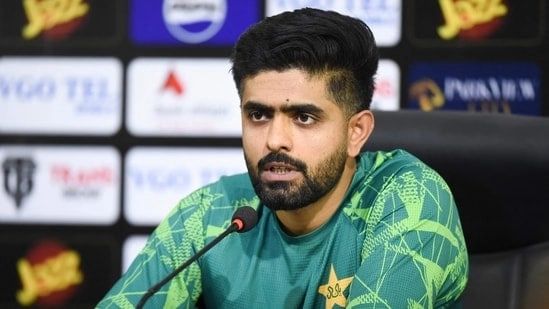D Gukesh, the young Indian chess prodigy, recently expressed his surprise and concern following Magnus Carlsen’s announcement about potentially quitting classical chess. Carlsen, widely regarded as one of the greatest chess players of all time, revealed his intentions during an interview, stirring a wave of reactions across the chess community. D Gukesh, who has rapidly risen through the ranks and is known for his impressive skills and strategic gameplay, shared his thoughts on social media, describing his feelings as “shocked.” This reaction highlights not only the significance of Carlsen’s potential departure from classical chess but also the impact it has on younger players like Gukesh.
The implications of Carlsen’s retirement from classical chess extend beyond just his personal career. As a prominent figure in the chess world, Carlsen has inspired countless players, including emerging talents like Gukesh. His decision to step away from this format could signify a shift in the chess landscape, where classical chess, with its long time controls and traditional formats, may begin to decline in popularity. Gukesh’s shocked response reflects the uncertainty and anxiety that many players may feel about the future of classical chess, a format that has defined the sport for centuries.
Gukesh’s admiration for Carlsen is evident, and the young grandmaster’s reaction underscores a sense of loss felt by many in the chess community. The significance of Carlsen’s influence cannot be understated; he has not only pushed the boundaries of what is possible in chess but has also played a crucial role in popularizing the game globally. As discussions continue about the potential changes in chess formats and the rise of faster-paced variants, players like Gukesh are left to wonder how these shifts will affect their careers and the game they love.
In essence, D Gukesh’s shocked reaction serves as a poignant reminder of the interconnectedness within the chess community. The announcement from Carlsen, while personal, resonates widely among players, fans, and enthusiasts who have followed his journey. It invites reflection on the evolution of chess and the future paths that both established and upcoming players may take. As the chess world grapples with these changes, the hope remains that the essence of the game will endure, inspiring new generations to engage with its rich history and complexity.




